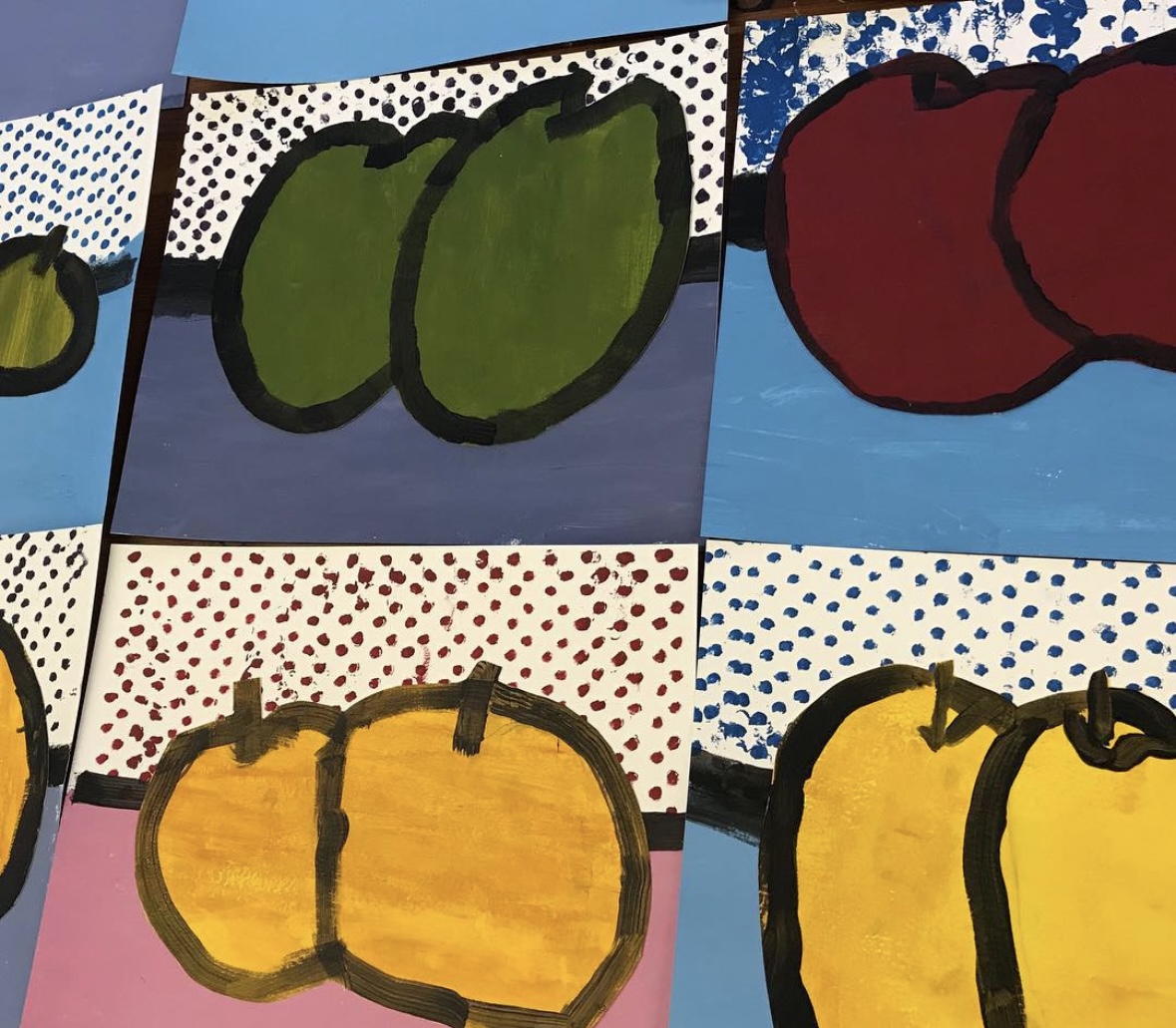
Hokku is a 13th century form of Japanese poetry that was originally the short, quippy opening for a much longer poem, the renga. Hokku, over time, became the little poetic form we all know and love—haiku.
Here in the 21st century, the best way to begin writing a haiku is to craft a sentence of 15 to 19 syllables. For this exercise, let’s begin with a word from The Bard himself.
That’s right, Shakespeare. “Cheer” is a word that comes from the French who borrowed it from the Latin “cara” who borrowed it from the Greek “kara” but all three translate to the word “face’ not what you expected, right? Enter Shakespeare. In many of his works, as with this line from Richard III, he uses “cheer” as a verb that means uplifting comfort or encouragement: “And cheer his grace with quick and merry eyes!” And his use stuck!
So with Shakespeare’s word in mind, let’s compose a singular sentence that creates a snapshot of winter using the word “cheer” like this one:
Stars high above, cheer (5) / on snowflakes parachuting (7) /winter in season. (5)
Count syllables and you will discover this sentence has 17. This means it will divide perfectly into three lines with the first line of 5 syllables, the middle line of 7, and the last line of 5:
Stars high above, cheer
on snowflakes parachuting
winter in season.
But what if this sentence was way too long for haiku form? As is the case with this 20 syllable sentence below, simply trim the three syllable word and you’ll have your haiku!
The stars high above me / cheer on snowflakes that twirl while / falling gracefully down to earth.
The stars high above me
cheer on snowflakes that twirl while
falling down to earth.
When the sentence is close, as is the case with these 16 syllable sentence, simply break into three lines as close to 5-7-5 as possible and, et viola!
Stars above cheer on (5)/ snowflakes dusting winter skies (6) / falling slowly (4)
Stars above cheer on
snowflakes dusting winter skies
falling slowly.
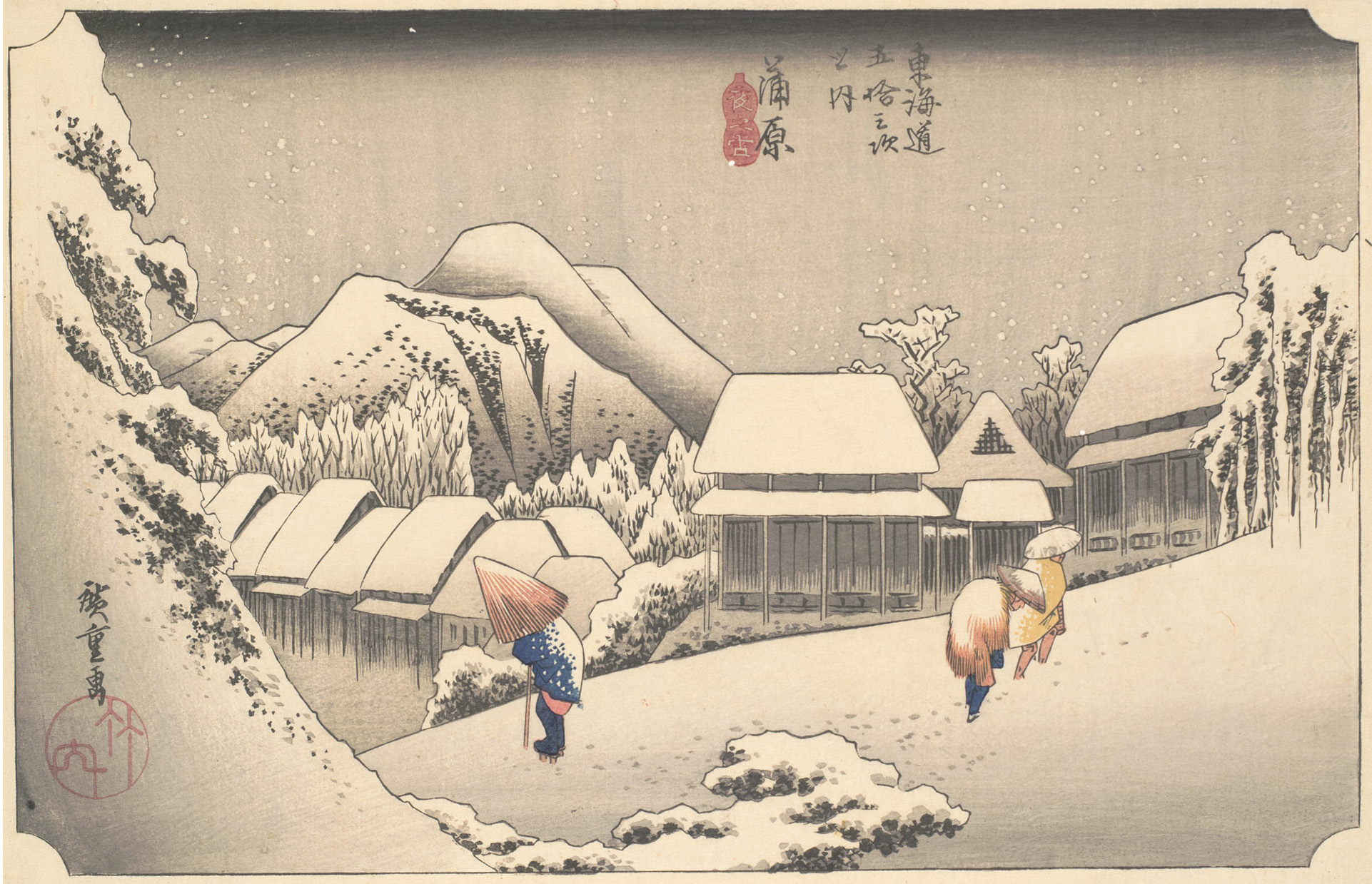
Now you try!
Tomorrow is the first day of December. We hope you will follow along as we explore Twelve Days of Haiku. Don’t forget to check in on social media for our December Giveaway.
~Kimberly
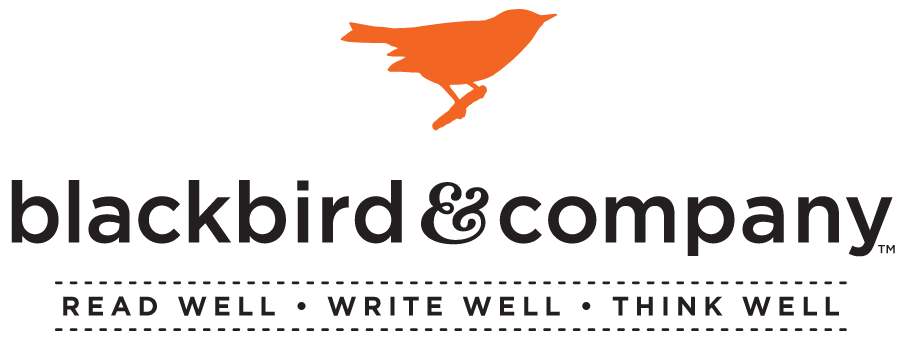

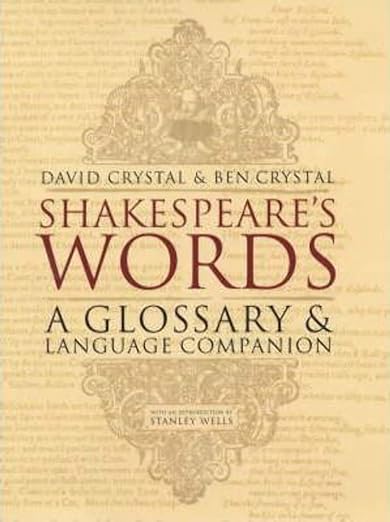
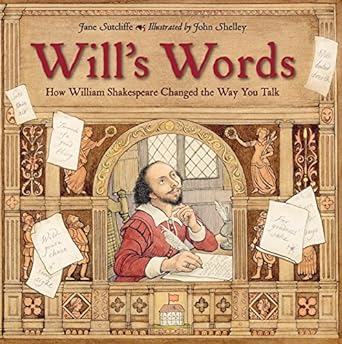




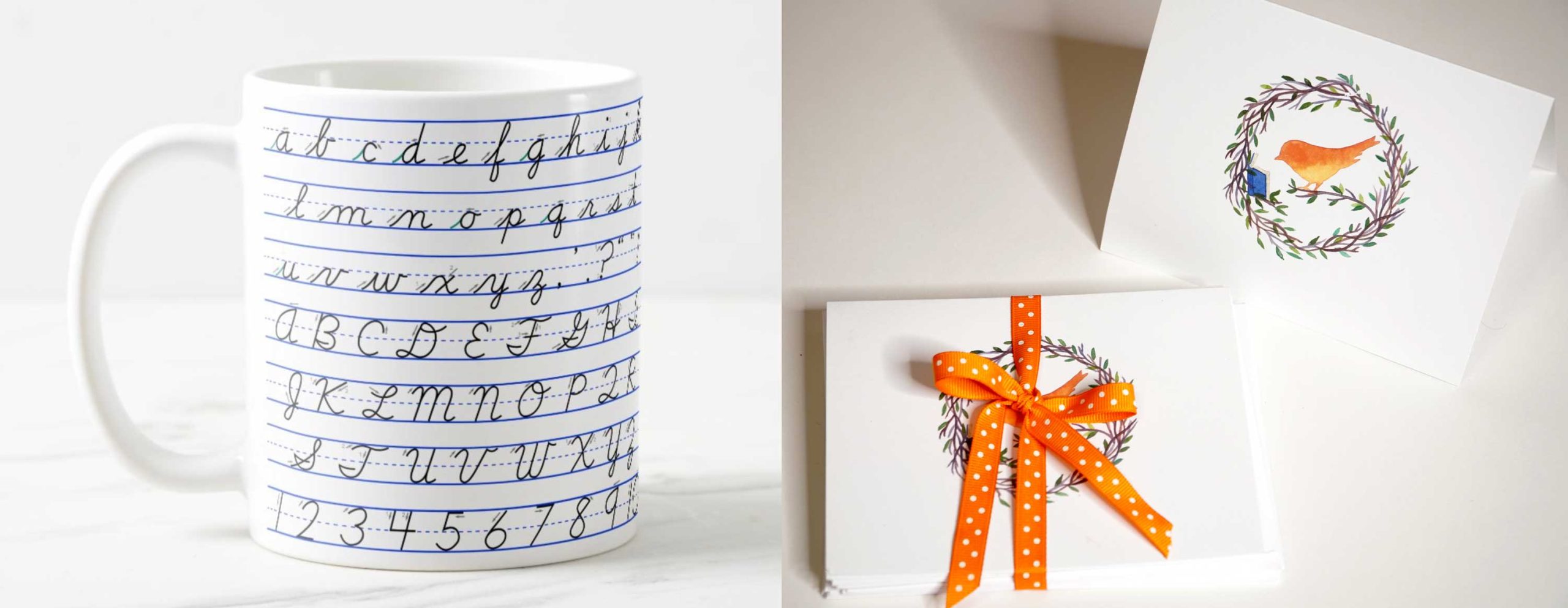
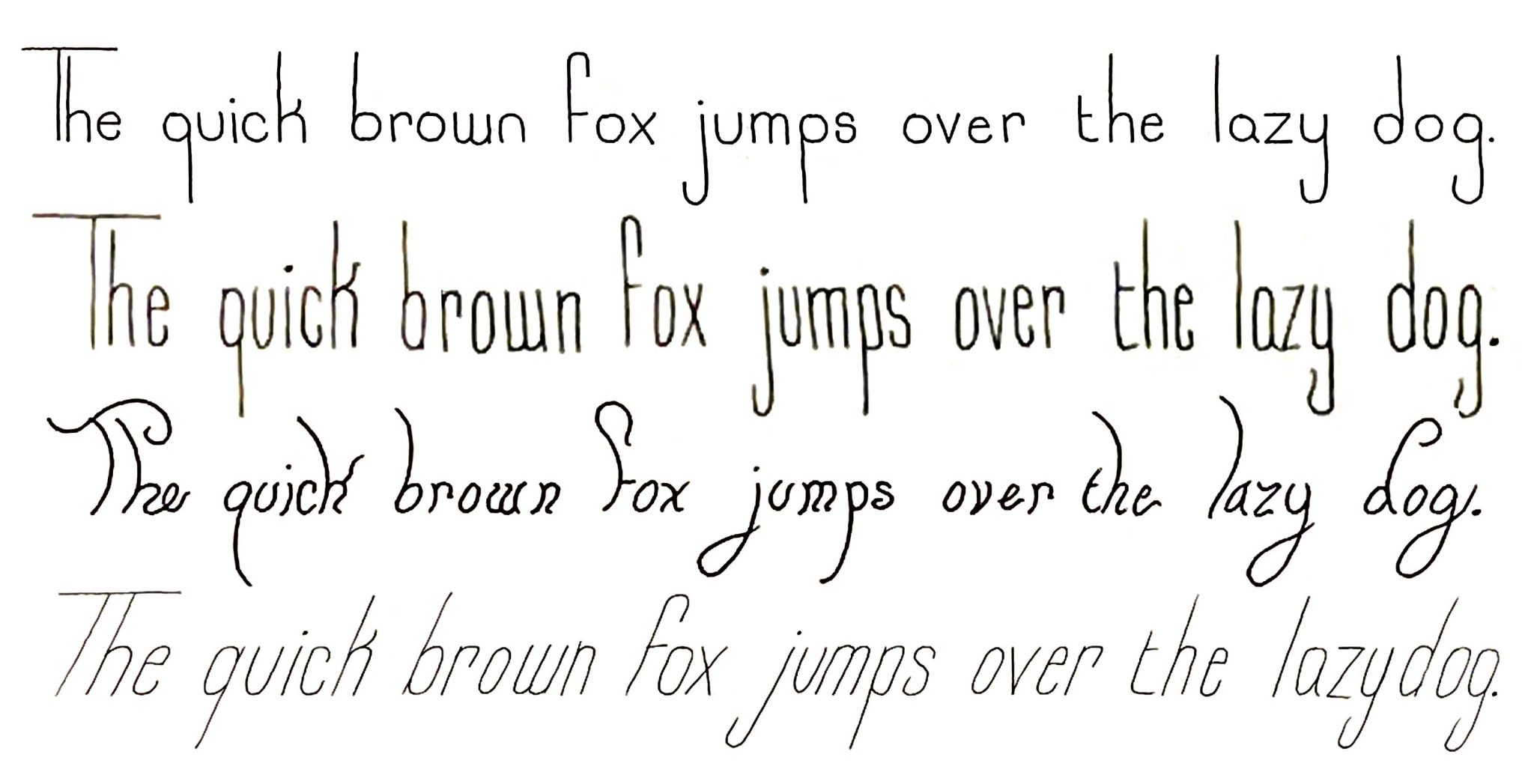








 Let’s start a tradition!
Let’s start a tradition!



